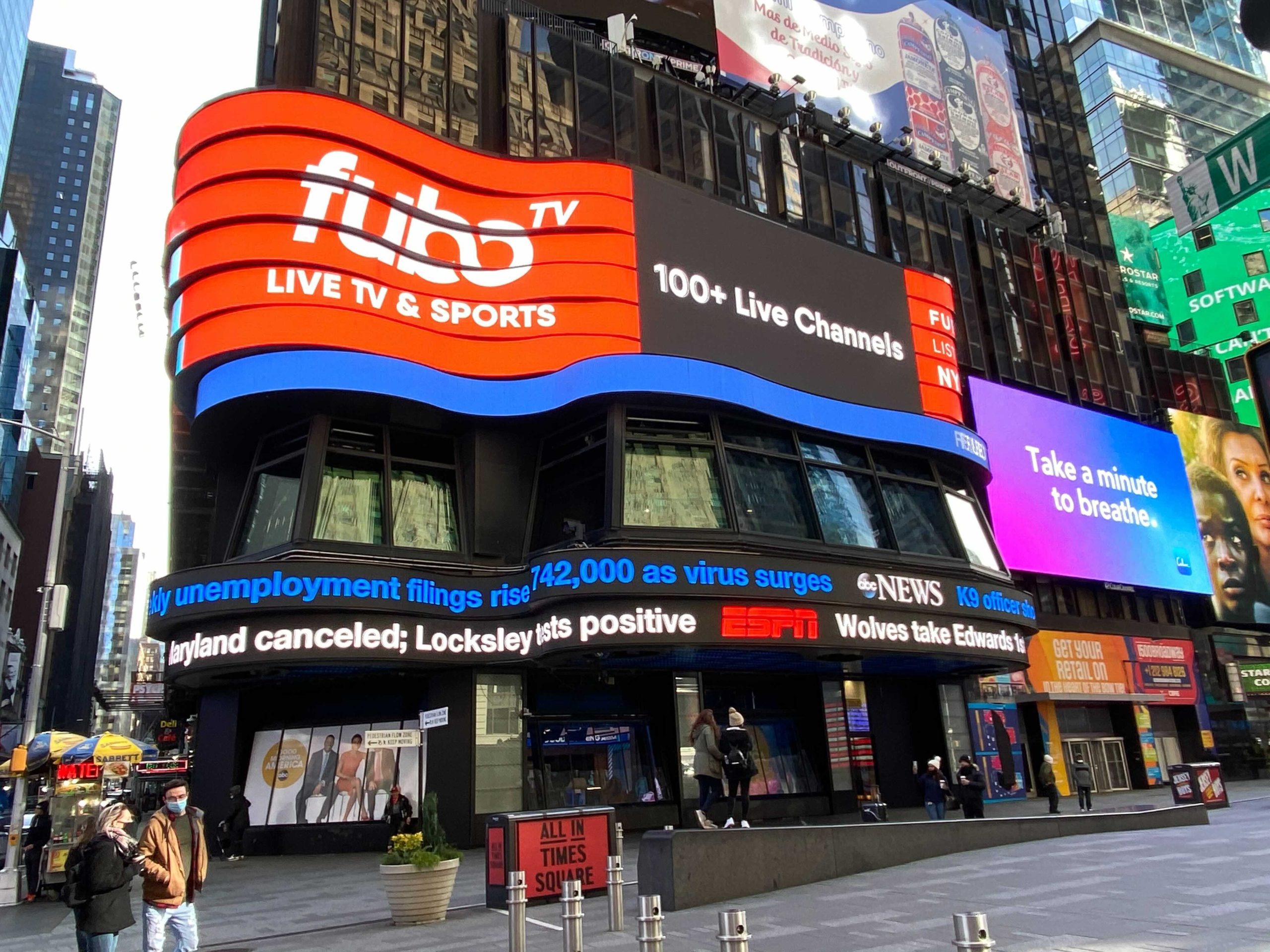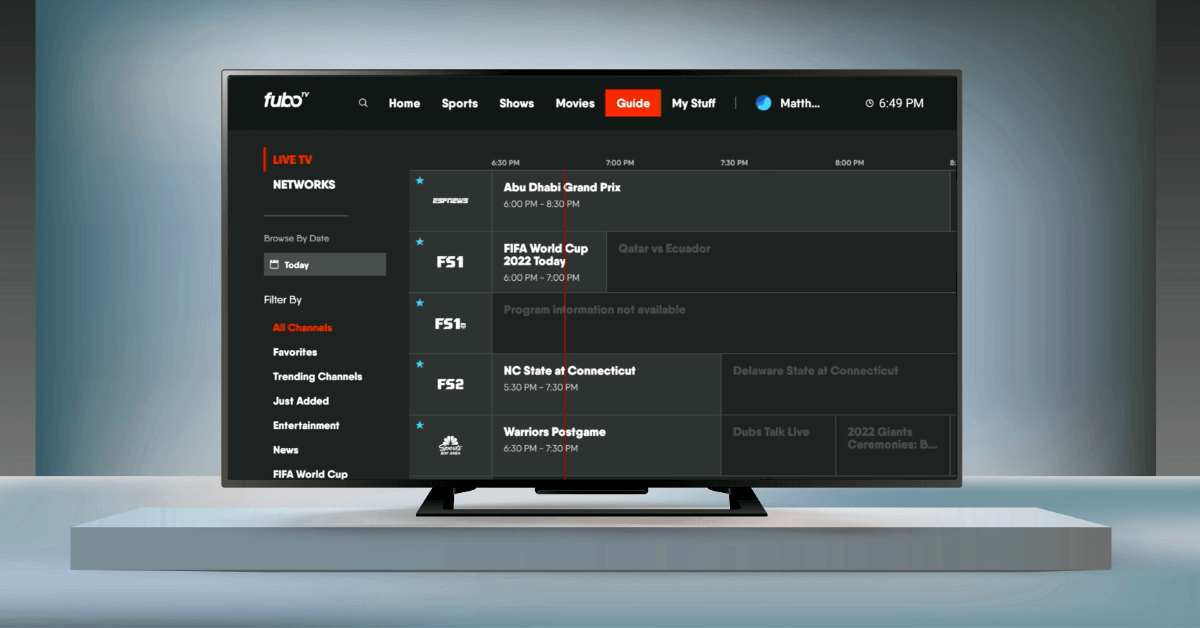
The entertainment landscape is undergoing a transformative shift, with streaming services emerging as the dominant mode of content consumption. As the industry evolves, traditional media conglomerates are seeking strategic acquisitions to reinforce their market positions. In this context, Disney’s recent acquisition of FuboTV has raised eyebrows, sparking a debate about the complexities of the sports streaming market.
This article will critically examine Disney’s sports streaming gamble by analyzing various perspectives, data points, and real-life examples. It will provide insights into the motivations behind the acquisition, the challenges and opportunities it presents, and the broader implications for the industry.
Disney’s acquisition of Fubo is driven by several strategic considerations:
- Enhance ESPN’s Portfolio:
ESPN is a cornerstone of Disney’s sports empire, but its linear TV model faces increasing competition from streaming services. Acquiring Fubo allows Disney to bolster ESPN’s offering with a robust streaming platform that complements its traditional broadcast channels.
- Access to Live Sports Content:
FuboTV holds valuable rights to live sports content, including regional sports networks (RSNs) and major sports leagues. Acquiring Fubo gives Disney access to a broader range of live sports content, enabling it to attract and retain sports fans.
- Expand Direct-to-Consumer Reach:
Fubo has a strong direct-to-consumer customer base, with over 1 million subscribers. Disney aims to leverage Fubo’s platform to expand its own direct-to-consumer reach, reducing reliance on third-party distributors.
While the acquisition of Fubo presents opportunities, it also comes with its share of challenges:
- Intense Competition:
The sports streaming market is highly competitive, with established players such as Amazon Prime Video, DAZN, and NBCUniversal’s Peacock. Disney will face stiff competition to differentiate its offering and gain market share.
- Cost of Rights:
Acquiring and retaining the rights to live sports content is an expensive endeavor. Disney will need to carefully manage its costs while ensuring it has access to the most desirable content.
- Fan Loyalty:
Sports fans are often loyal to specific broadcasters or streaming services. Disney will need to work hard to earn the loyalty of Fubo’s existing customers and attract new subscribers.
Analysts Predominantly Positive:
Industry analysts have generally expressed a positive outlook on the acquisition. They believe it strengthens ESPN’s position in the streaming market and provides Disney with a broader portfolio of live sports content.
Competition Cautioned:
Some experts have cautioned that Disney will face significant competition from established players in the sports streaming market. They argue that it will be difficult for Disney to gain a dominant position in the highly fragmented landscape.
ESPN Viewership Declining:
Others have raised concerns about ESPN’s declining linear TV viewership. They argue that the acquisition of Fubo may only slow this decline rather than reverse it.
Disney’s acquisition of Fubo is a bold move in the rapidly evolving sports streaming market. The acquisition strengthens ESPN’s portfolio, expands Disney’s direct-to-consumer reach, and provides access to valuable live sports content.
However, Disney faces significant challenges in a competitive market, including intense competition, the high cost of rights, and the need to earn fan loyalty. It remains to be seen whether Disney’s gamble will pay off in the long run, but the acquisition undoubtedly signals the company’s determination to maintain its dominance in the sports media landscape.
The Disney-Fubo acquisition has broader implications for the sports streaming industry:
- Consolidation:
The acquisition is a sign of consolidation in the sports streaming market, as major players seek to acquire smaller competitors to bolster their offerings.
- Streaming Dominance:
The acquisition reinforces the growing dominance of streaming services in the consumption of live sports content. Traditional broadcast models are increasingly challenged by the convenience and flexibility of streaming.
- Content Wars:
The acquisition is likely to escalate the content wars between streaming services. Disney and its competitors will invest heavily in acquiring and producing exclusive sports content to attract and retain subscribers.
The future of sports streaming is uncertain, but one thing is clear: the acquisition of Fubo by Disney has raised the stakes in the race for market dominance.
